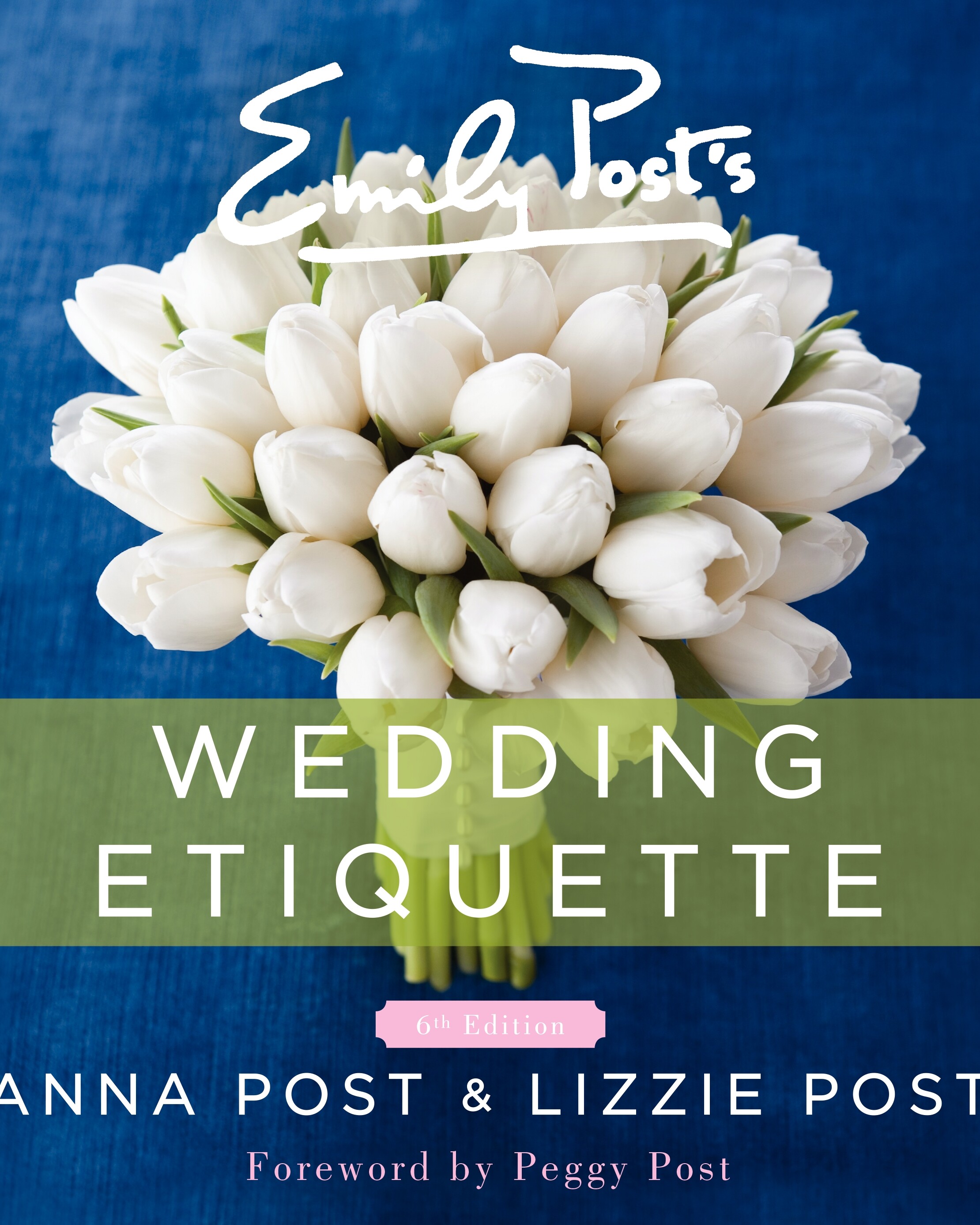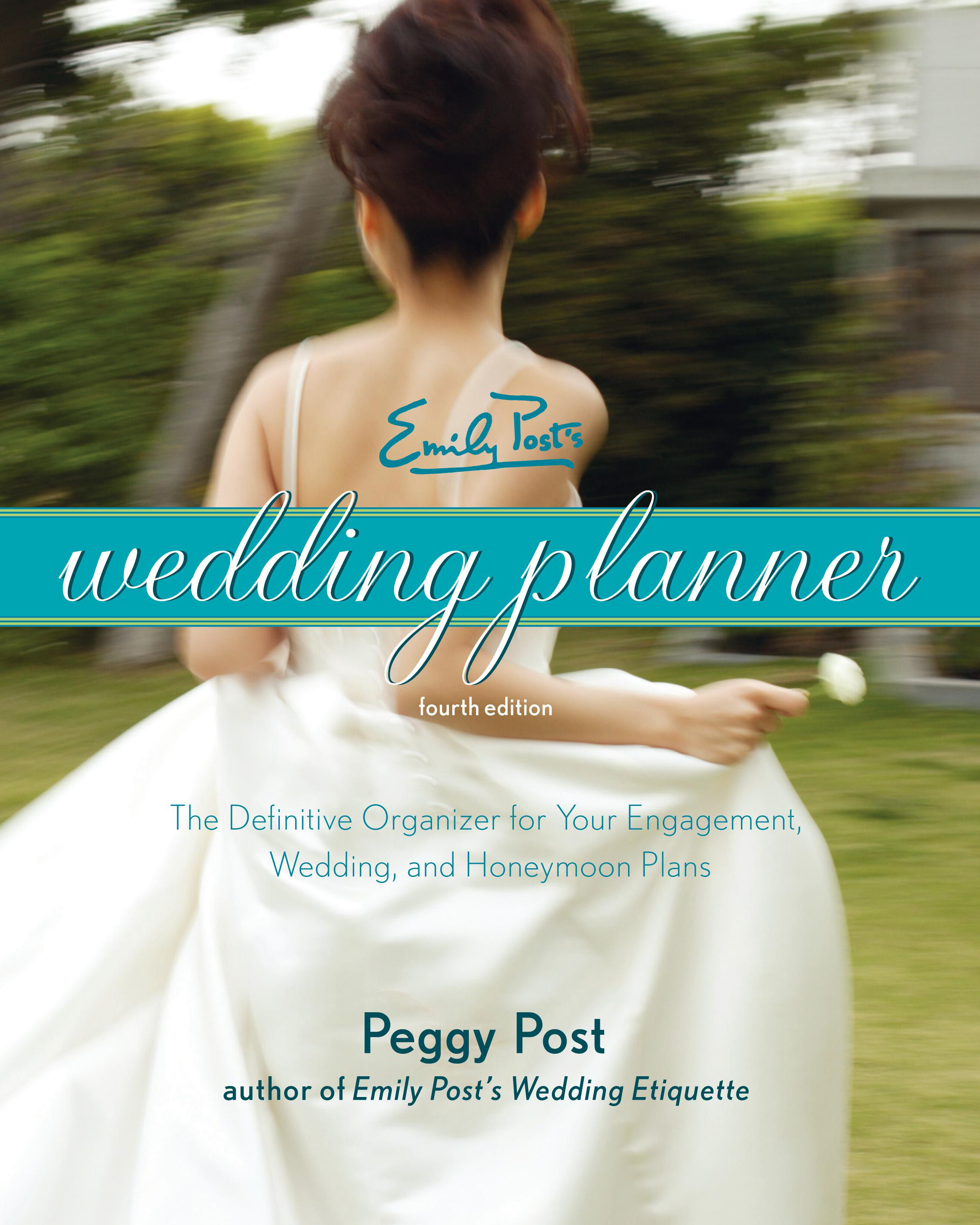
Wedding Expenses: Who Pays for What?

One of the biggest questions about planning a wedding comes at the intersection of tradition and wedding budgets, and with good reason. The topic of money can be touchy, and no one wants to inadvertently offend.
Traditionally, the breakdown of expenses was very clear: The bride’s family paid for the groom’s ring, engagement party, the wedding and reception, a brunch the next day, and a belated reception (if there was one). The groom’s family financed the rehearsal dinner, the officiant’s fee, marriage license, and the groom paid for the bride’s engagement and wedding rings and honeymoon. The bride—lucky lady—just showed up for it all.
As a reference, below is a list of the traditional expenses and responsibilities of the bride's and groom's families, the bridesmaids and groomsmen, and even the wedding guests. Keep in mind that these days, all of the following guidelines for family expenses are variable—depending on the particular circumstances of the wedding. Often, expenses are shared by the couple and their families, so assign the responsibilities to fit your circumstances.
Traditional Expenses of the Bride & Her Family
- Services of a wedding consultant
- Invitations, enclosures, and announcements
- The bride’s wedding gown and accessories
- Floral decorations for the ceremony and reception, bridesmaids’ flowers
- The bride’s bouquet (unless it is customary for the groom to pay for it)
- Tent, awning, aisle runner
- Music for church and reception
- Transportation of bridal party to ceremony and to reception
- All reception expenses
- Services of a traffic officer or security, if necessary
- Photographer, wedding photographs, wedding albums
- Videographer and finished DVD
- Transportation and lodging expenses for the officiant if from another town and if invited to officiate by the bride’s family
- Accommodations for bride's attendants
- Bridesmaids’ luncheon, if hosted by the bride or her family
- Bride’s gifts to her attendants
- Bride’s gift to groom
- Groom’s wedding ring
Traditional Expenses of the Groom & His Family
- Bride’s engagement and wedding rings
- Groom's attire
- Ties and gloves for the groomsmen, if not part of their clothing rental package
- Accommodations for the groom’s attendants
- Accommodations for the groom's parents and siblings
- Bachelor dinner, if the groom wishes to give one
- All costs for the rehearsal dinner
- Officiant's fee or donation
- Transportation and lodging expenses for the officiant, if from another town and if invited to officiate by the groom’s family
- The marriage license
- Transportation for the groom and best man to the ceremony
- The bride’s bouquet (when it is local custom for the groom to pay for it)
- The bride’s going away corsage, if wearing one
- Boutonnieres for groom’s attendants
- Corsages for immediate members of both families (unless the bride has included them in her florist’s order)
- The officiant’s fee or donation
- Groom’s gift to bride
- Gifts for groom’s attendants
- Honeymoon expenses
Wedding Expenses for the Bridesmaids & Maid of Honor
- Purchase of apparel and all accessories
- Transportation to and from the wedding location
- A contribution to a gift from all the bridesmaids to the bride
- An individual gift or a group gift from the attendants to the couple (if being in the wedding is not the gift)
- Optionally, a shower, luncheon, or bachelorette party for the bride
Wedding Expenses for the Groomsmen & the Best Man
- Rental or purchase of wedding attire
- Transportation to and from the wedding location
- A bachelor dinner, if given by the groom’s attendants
- A contribution to a gift from all the groomsmen to the groom
- An individual gift or a group gift from the attendants to the couple (if being in the wedding is not the gift)
Expenses for Other Wedding Attendants & Guests
- Transportation to and from the wedding
- Lodging expenses and meals
- Wedding gift
Modern Solutions
Today, any combination of financing—short of asking your guests for contributions to the budget as their wedding present—is okay. Some common resolutions today are for the couple to pay for everything; for the bride’s family to pay for half and the groom’s family for half; or, for the couple to pay one third and each side of the family fund another third. If another combination works best for you, then it’s the right one.
The budget conversation can be initiated by any of the key participants: "Mom, Andrew and I were hoping we could talk with you and Dad about the wedding budget," or, "Kids, let's find a time to sit down and go over the expenses for the big day."
These financial conversations usually involve the couple, their parents, and any stepparents, though depending on your family and culture, siblings, grandparents, and/or other close relations may also play a role. The first and most important step is to find out who is willing to pay for what, and how much everyone is able to contribute, which in turn will provide you with an overall spending limit with which to work.
Preparation
It’s important that everyone joins the conversation prepared. Know how much you can afford to contribute, and be realistic about your expectations. Once you’re talking, it’s important to always be appreciative of any assistance, respectful of other’s financial situations, honest about your own finances and expectations, and willing to compromise.
The Power to Veto
As fiscal responsibilities have become combined, no matter the size of the spending limit, new questions of who has the final say have arisen. Parents need to remember that the wedding belongs to the couple, regardless of who is paying. Parents can make suggestions, but the specific choices of colors, food, flowers, music, and design are up to the bride and groom. In turn, the couple needs to be respectful of any limits. Pushing the boundaries of any financial agreement can result in conflict.
Peripheral Expenses
Other wedding-expense traditions have held true over the years. The wedding shower host or hosts pay for the shower. Interestingly, bridesmaids have never been “required” to host a shower; however, it’s a popular solution, as they often both want to do the hosting and it makes the most sense for them to do so. Today, anyone except the couple themselves can throw the wedding shower. As for bridesmaids and groomsmen: They pay for their clothing and shoes (renting, purchase, and alterations) and travel expenses to the wedding. Their lodging and flowers are covered as part of the overall wedding budget. Whether you bow to tradition on this one or come up with a new solution, discuss financial expectations with your wedding party early on, so your bridesmaids and groomsmen will know what they are signing up for.
Traditions make weddings special, and a spending plan should be something that facilitates these traditions, not a burden to be held against an old and outdated standard.












